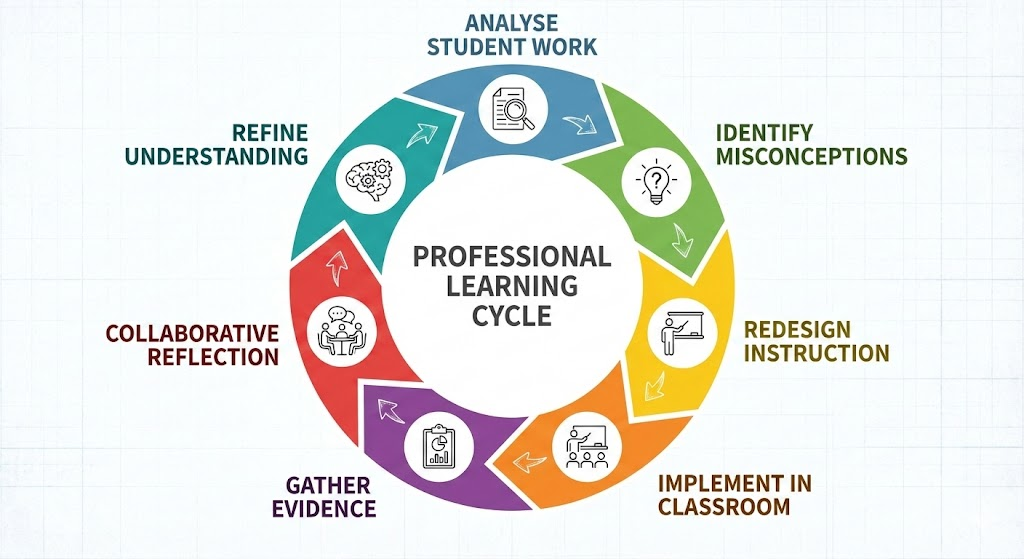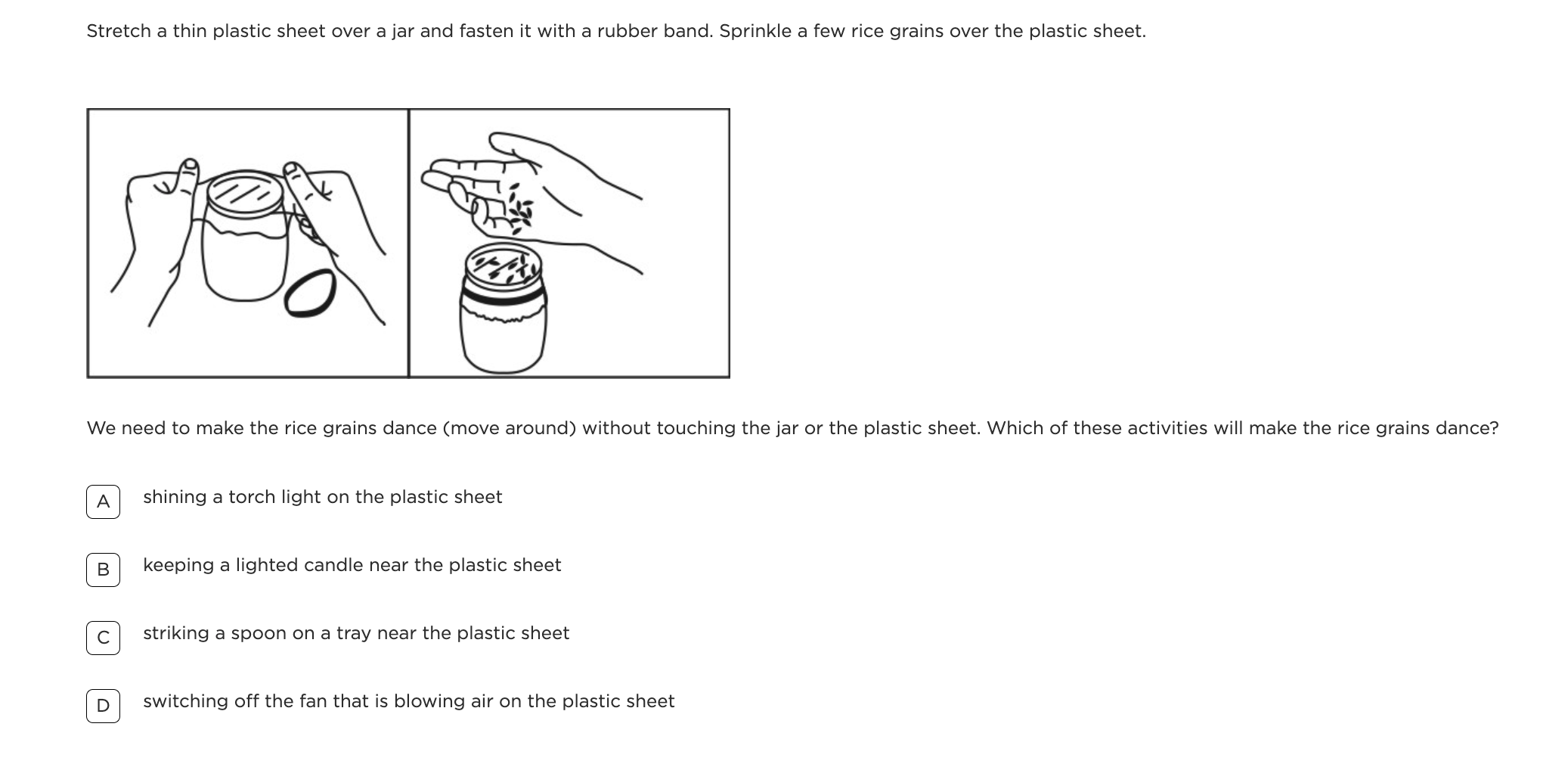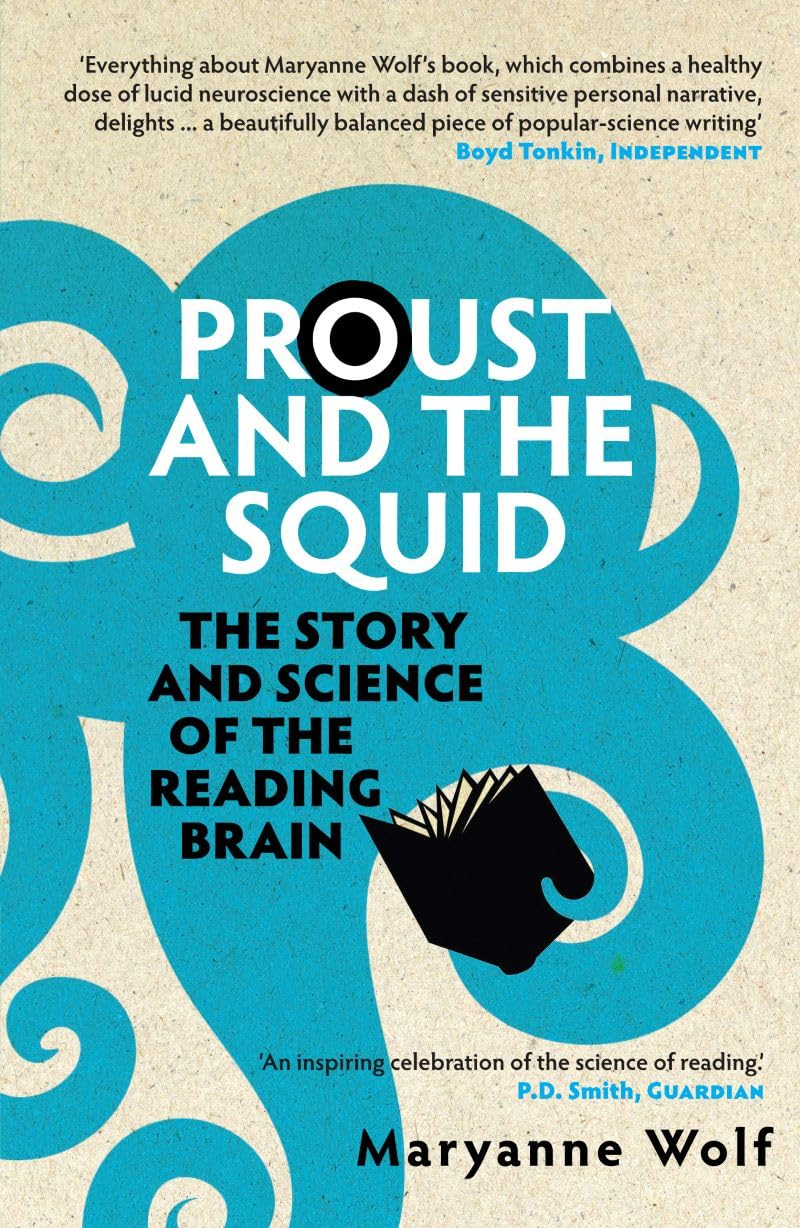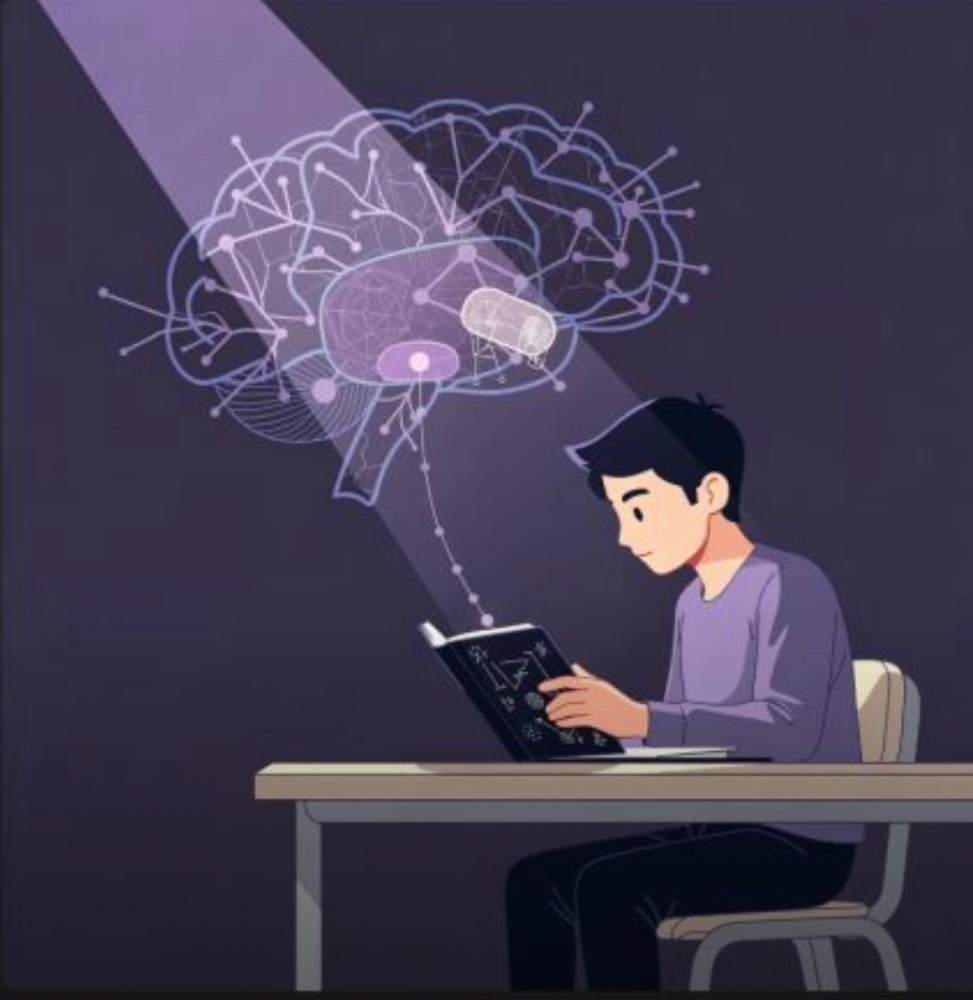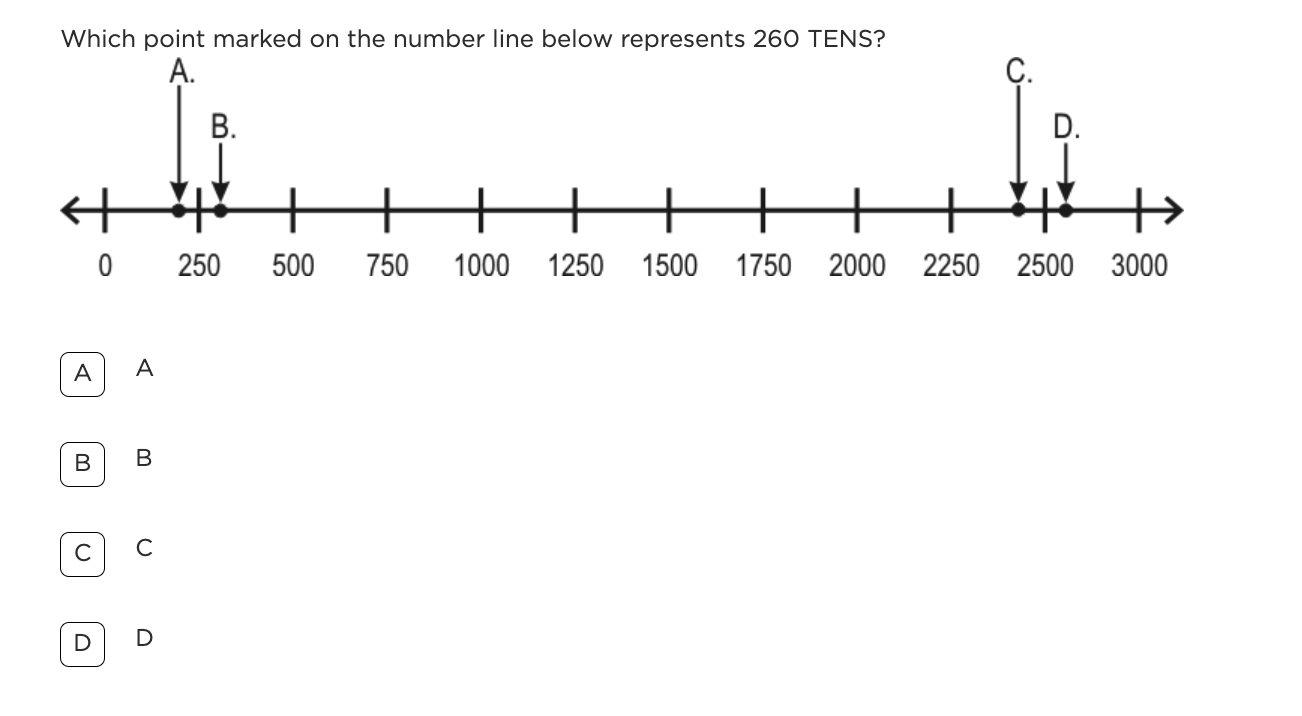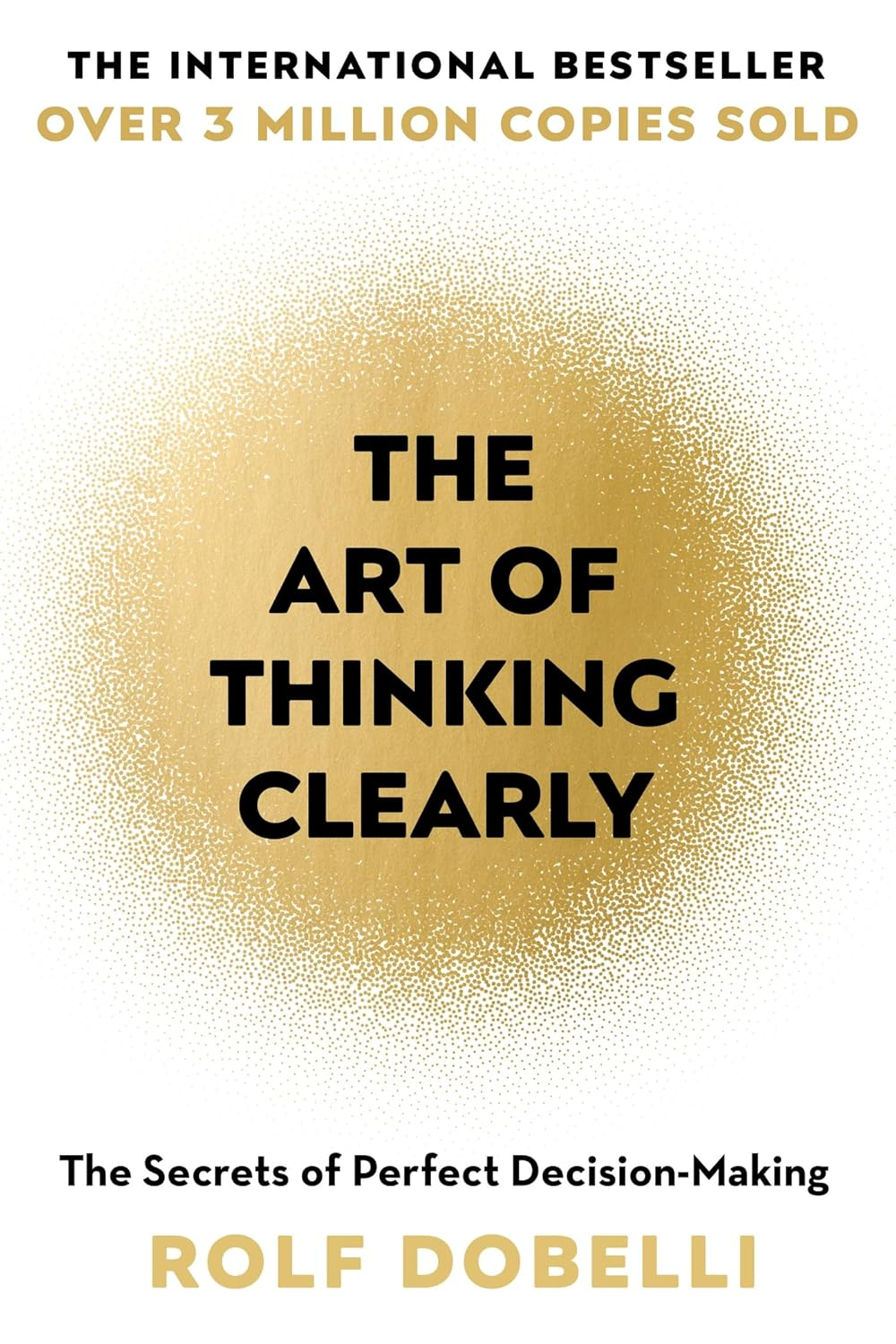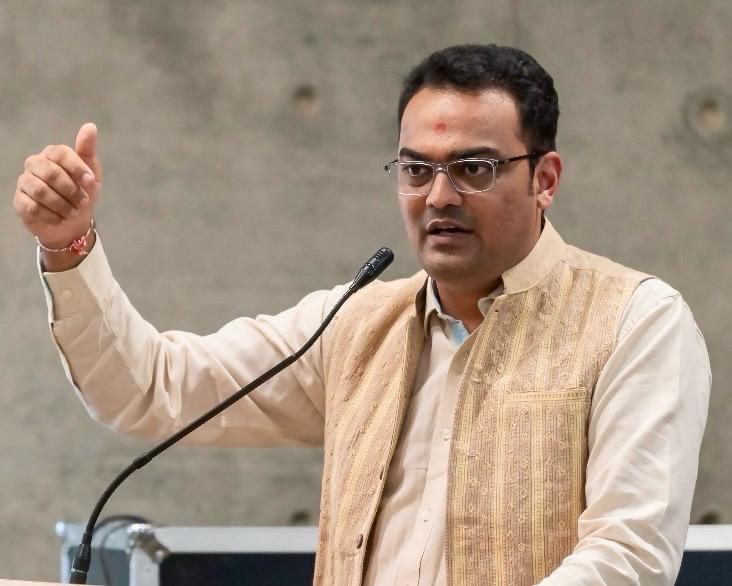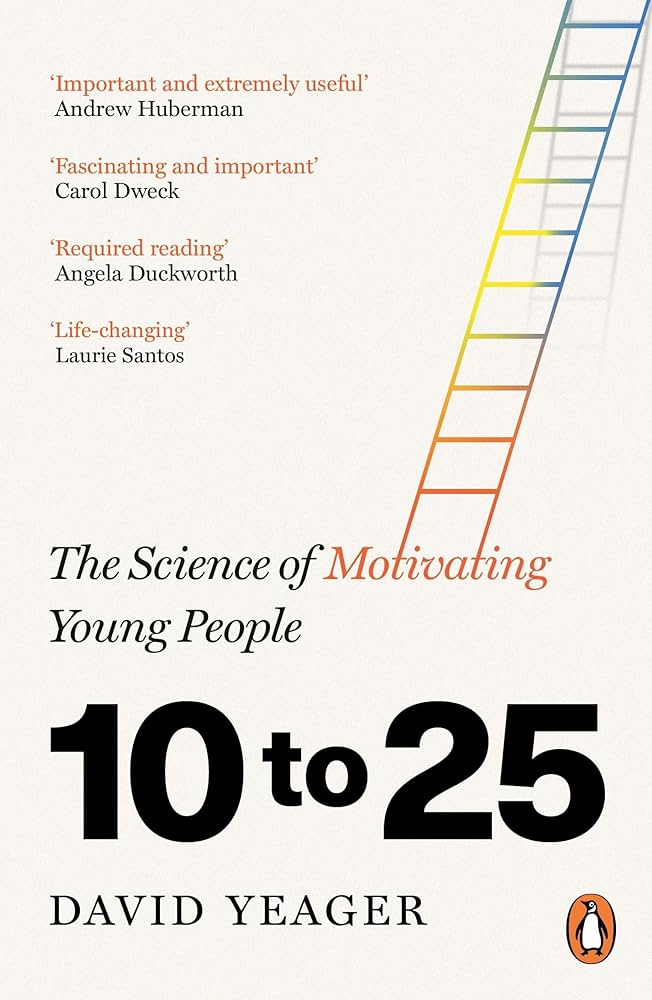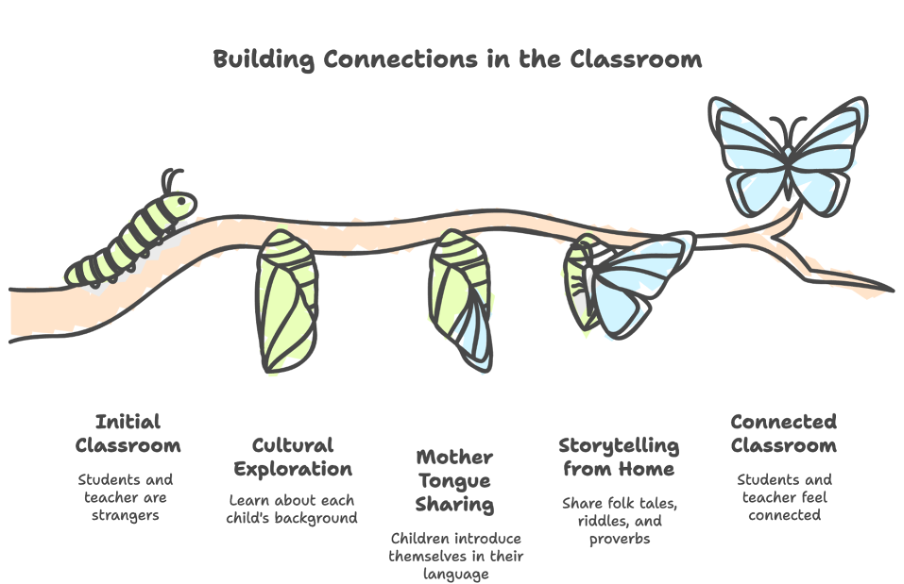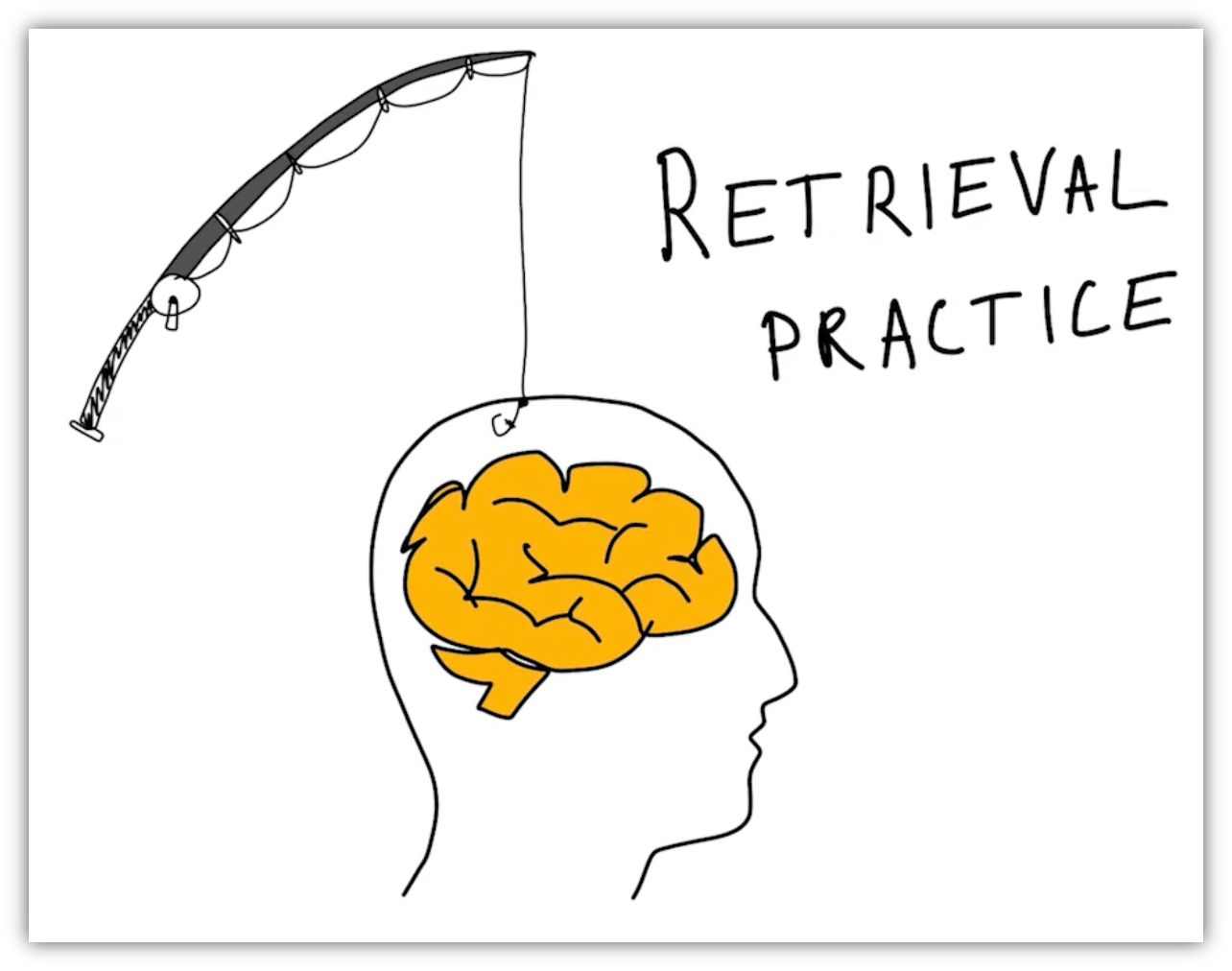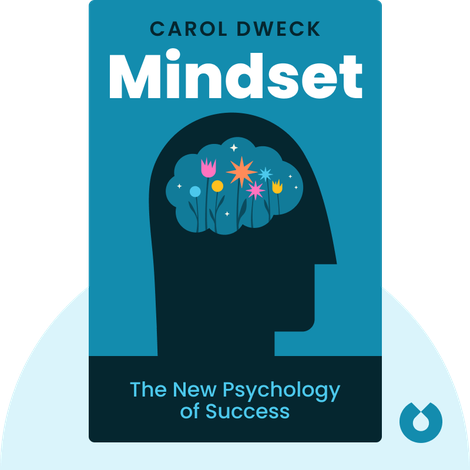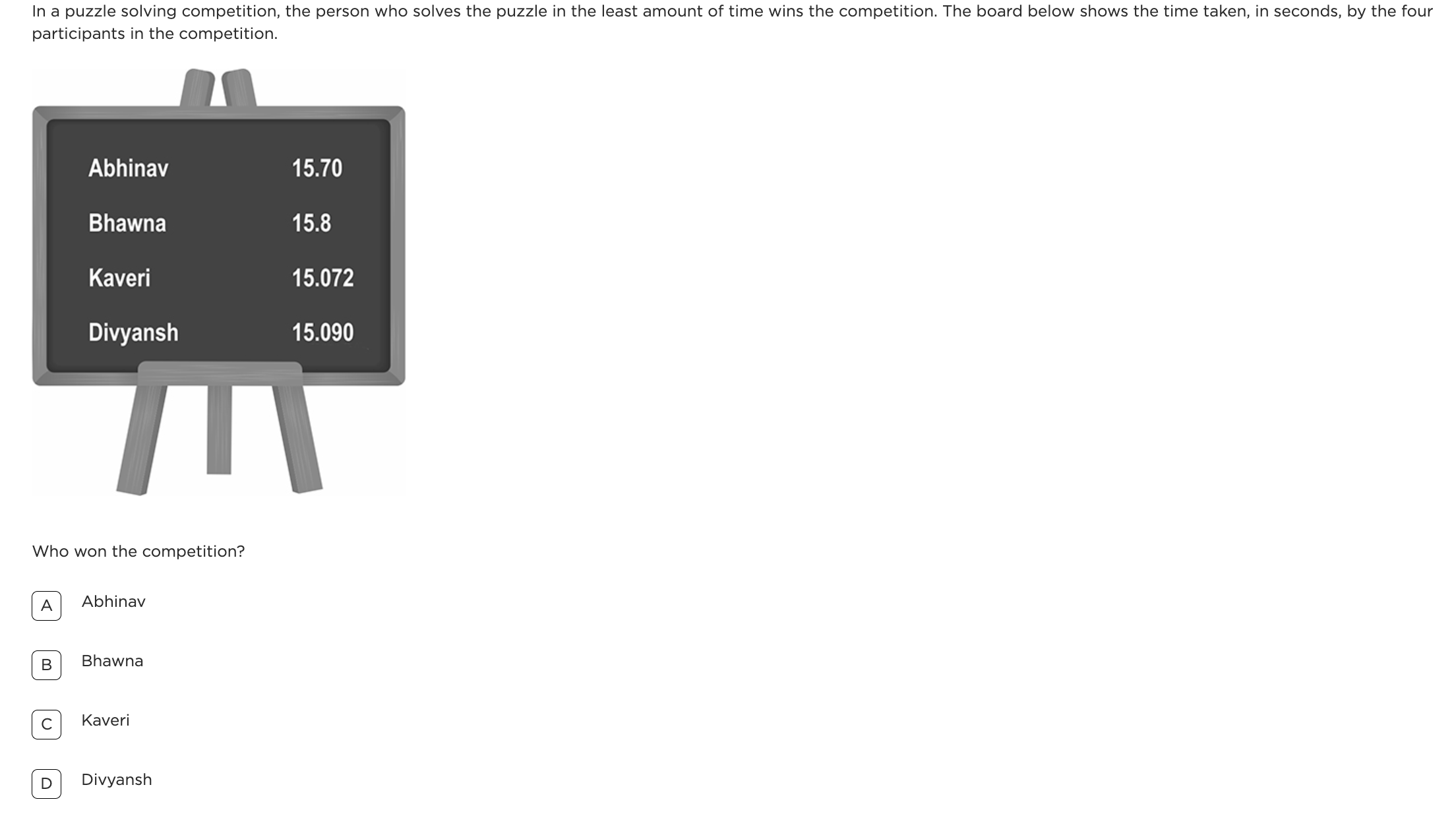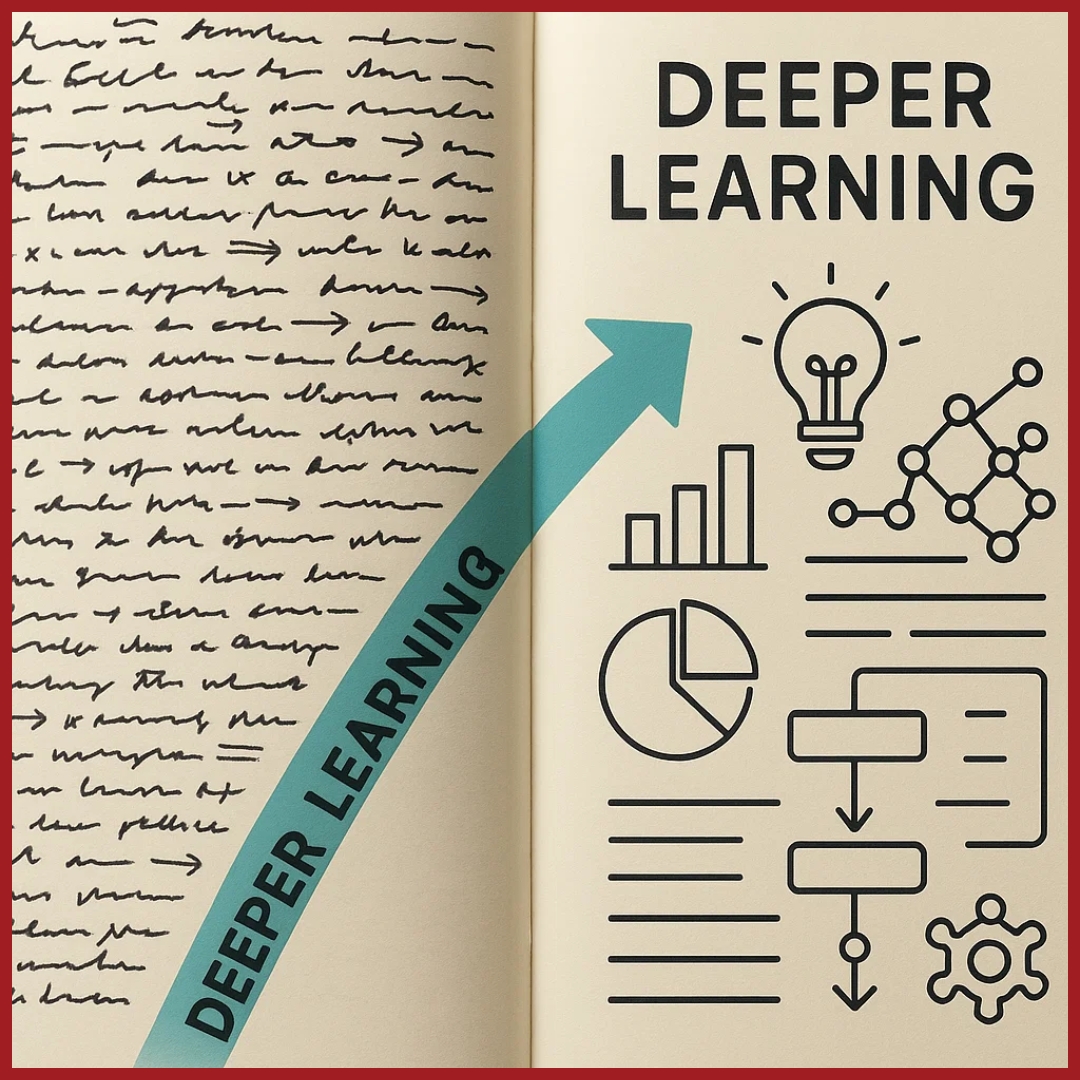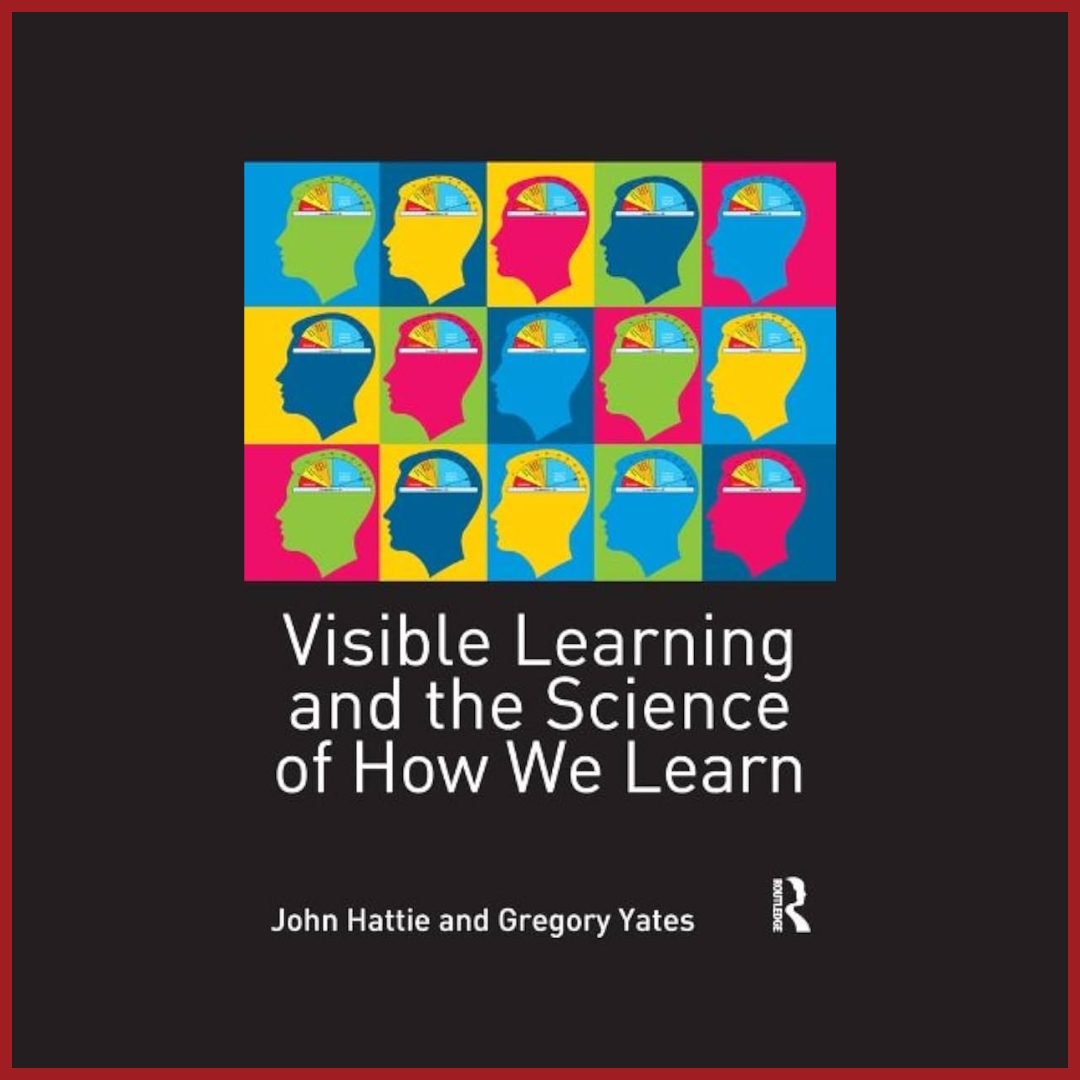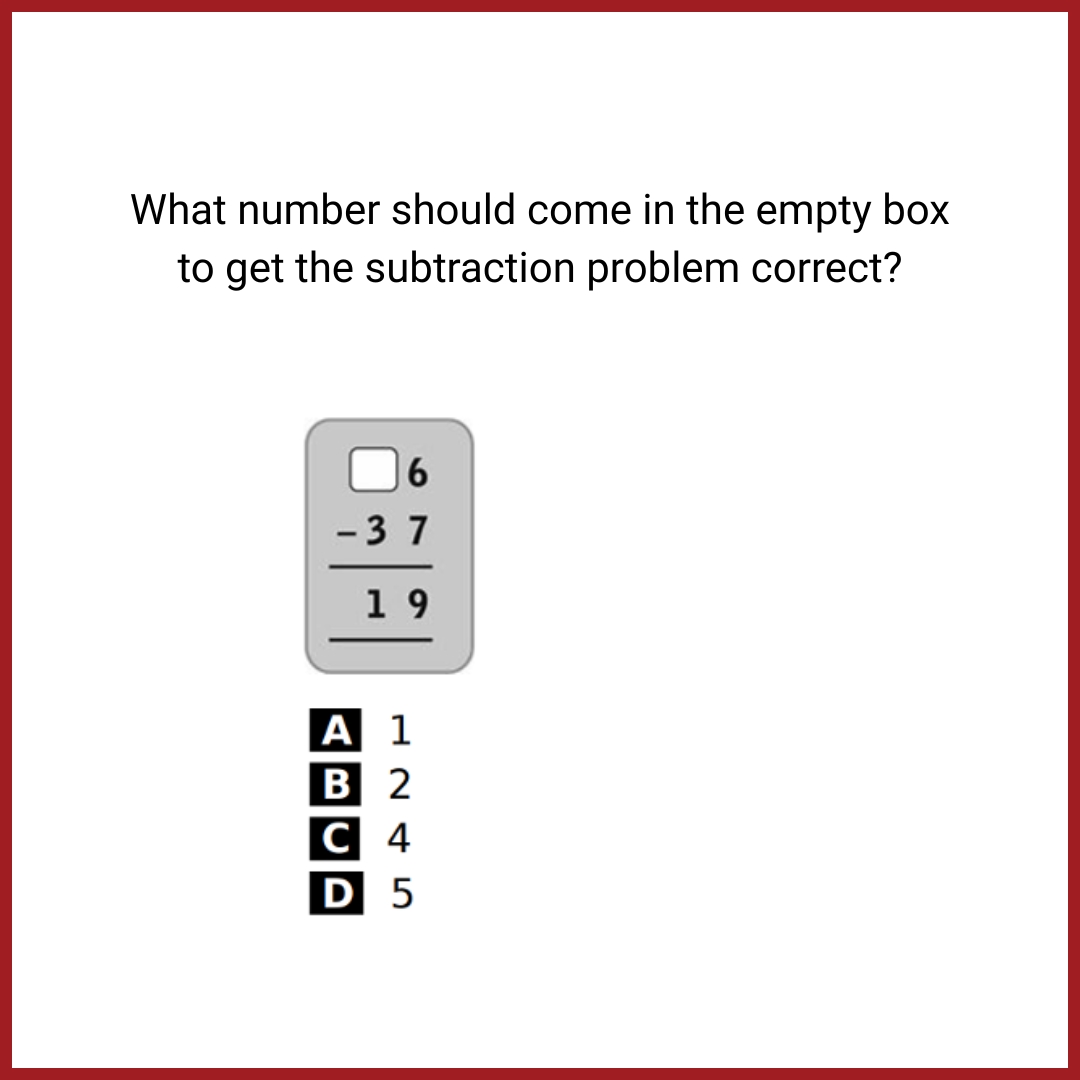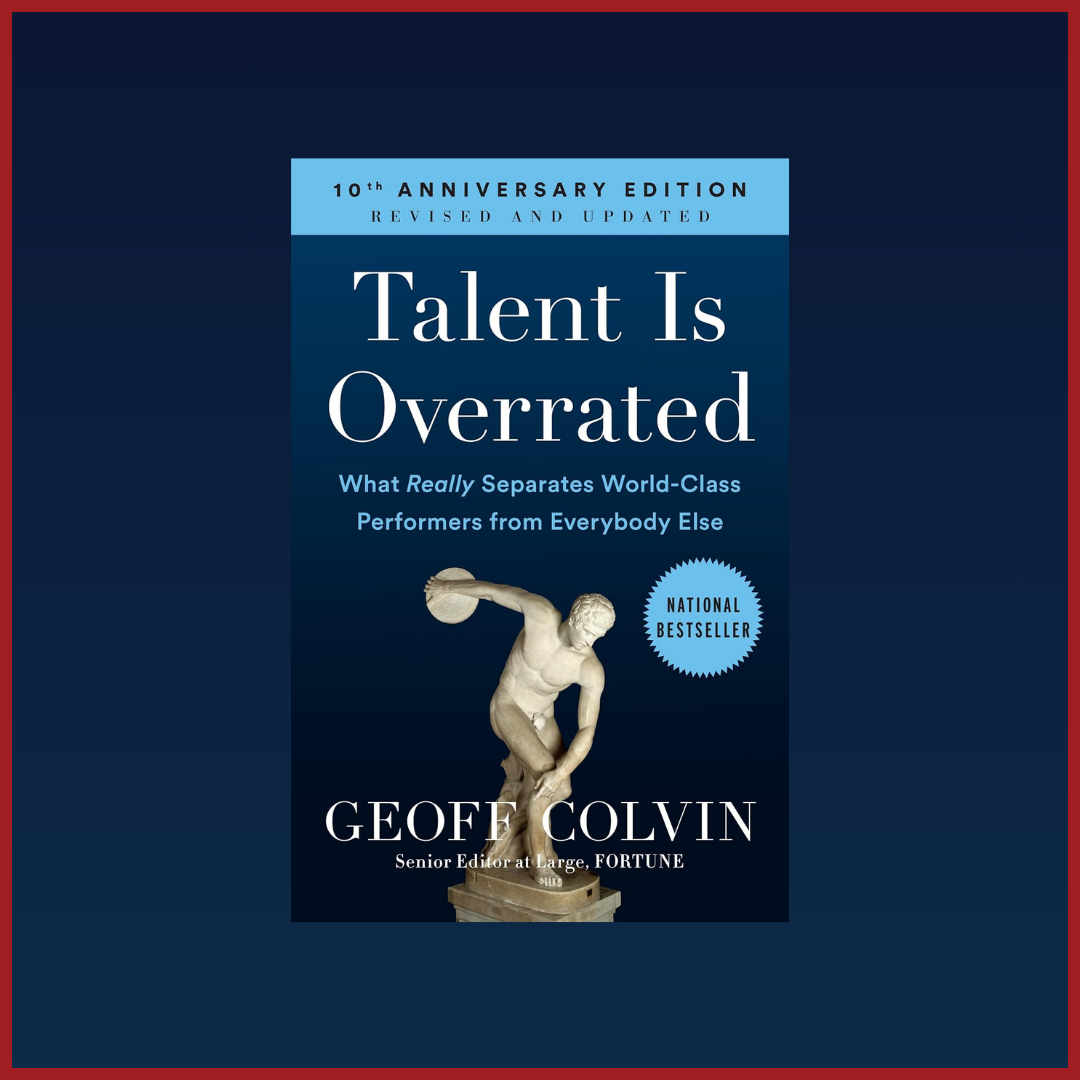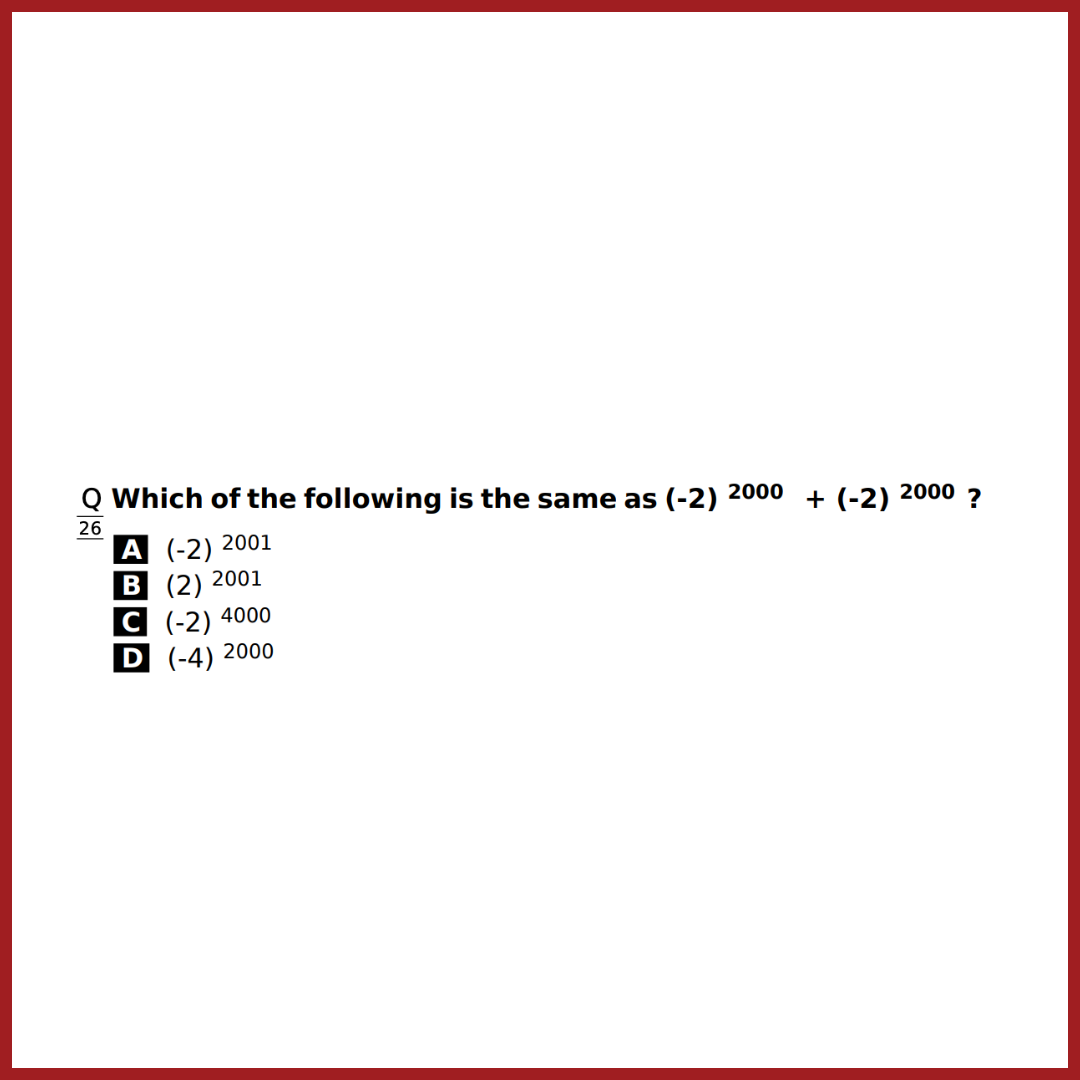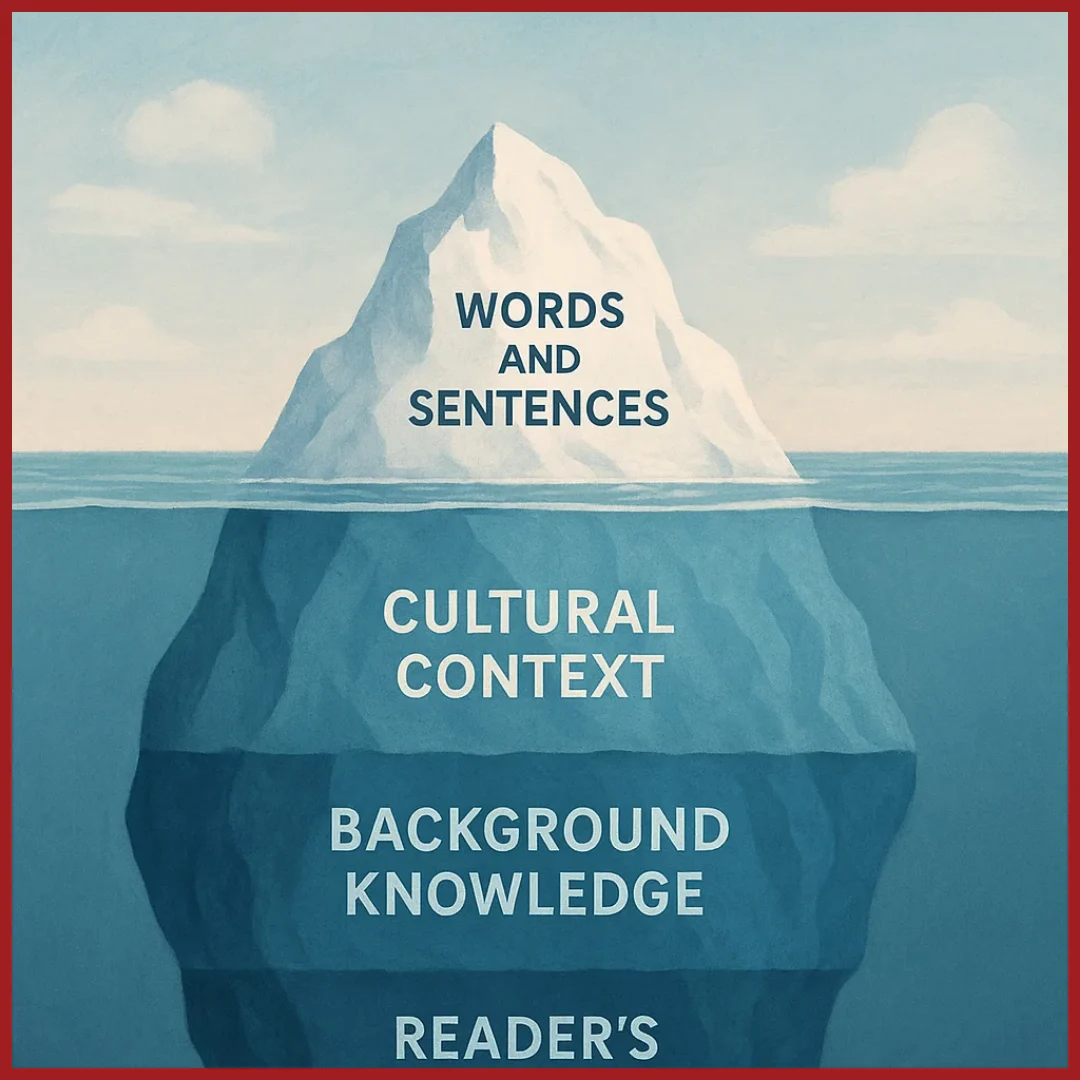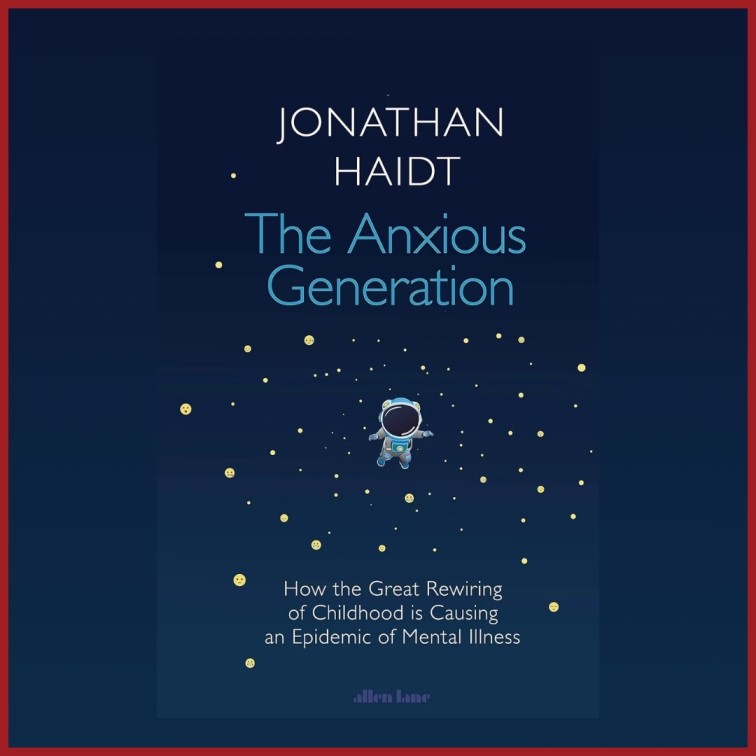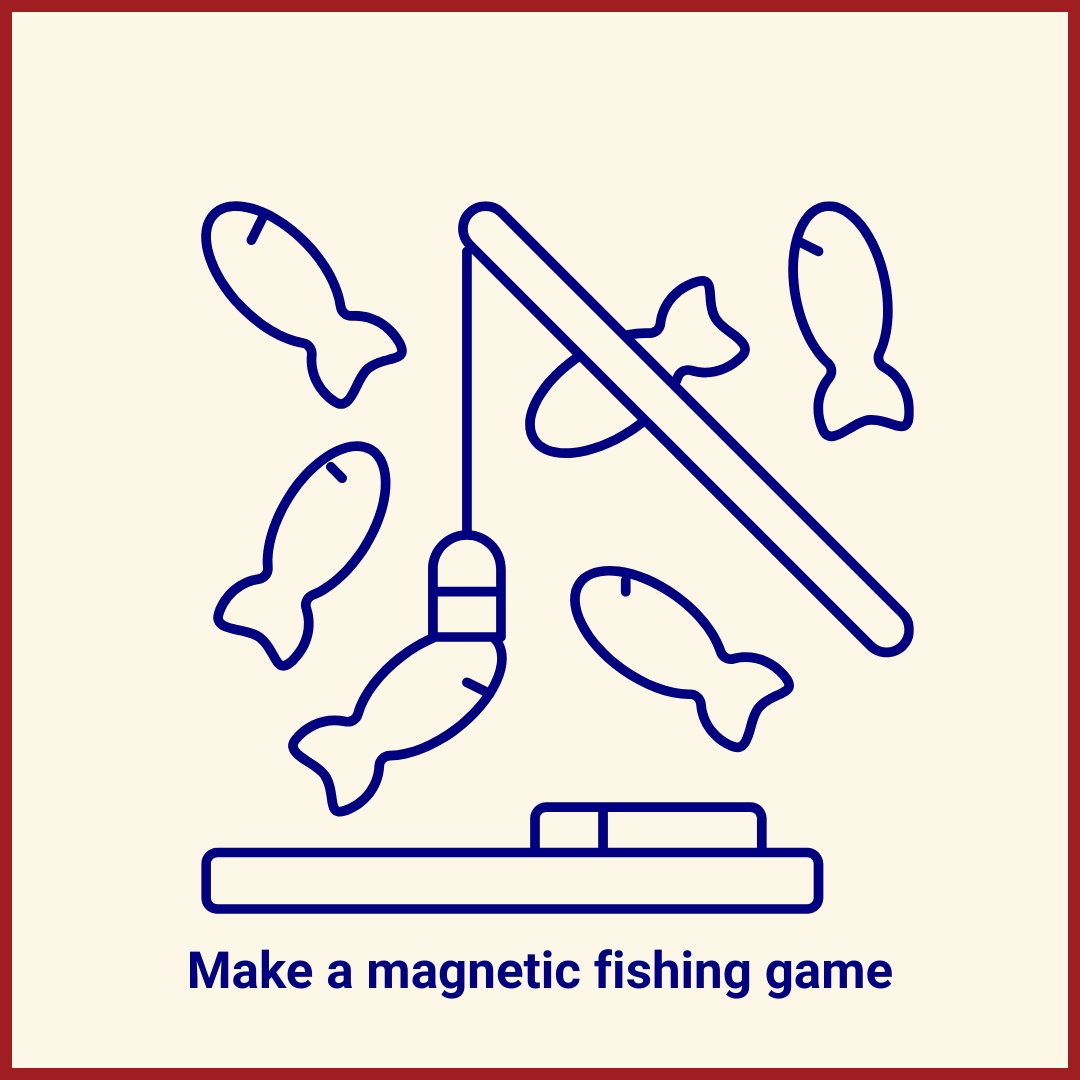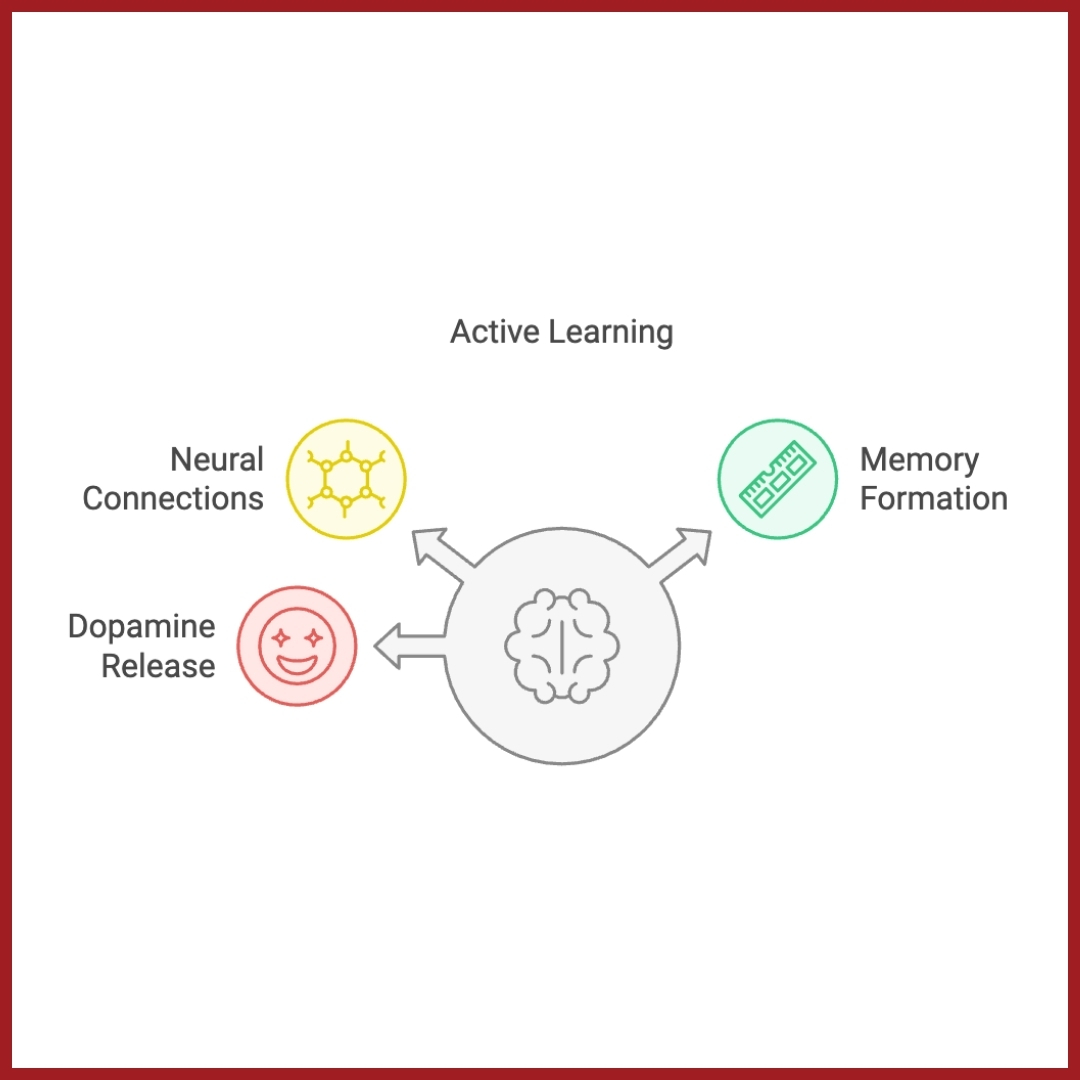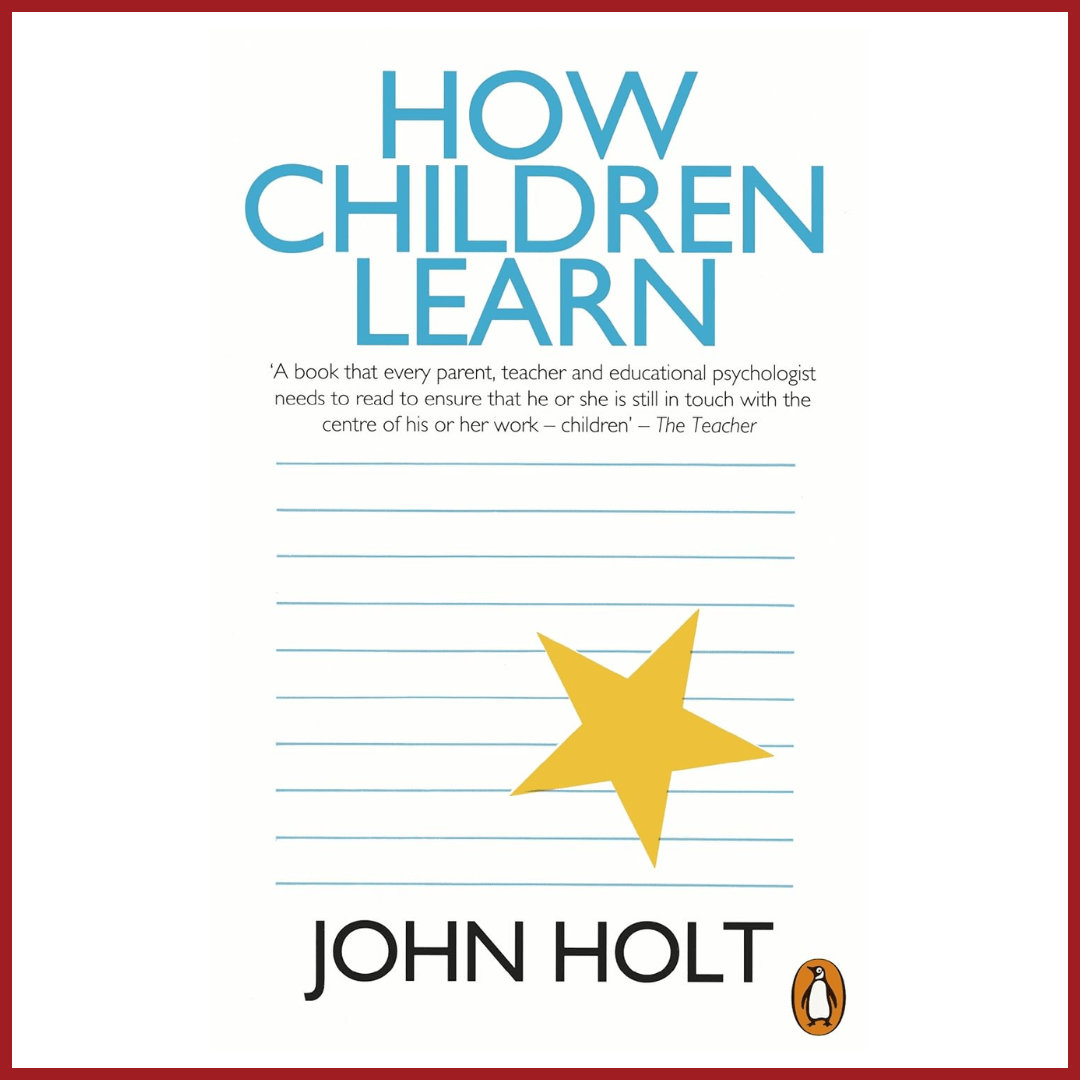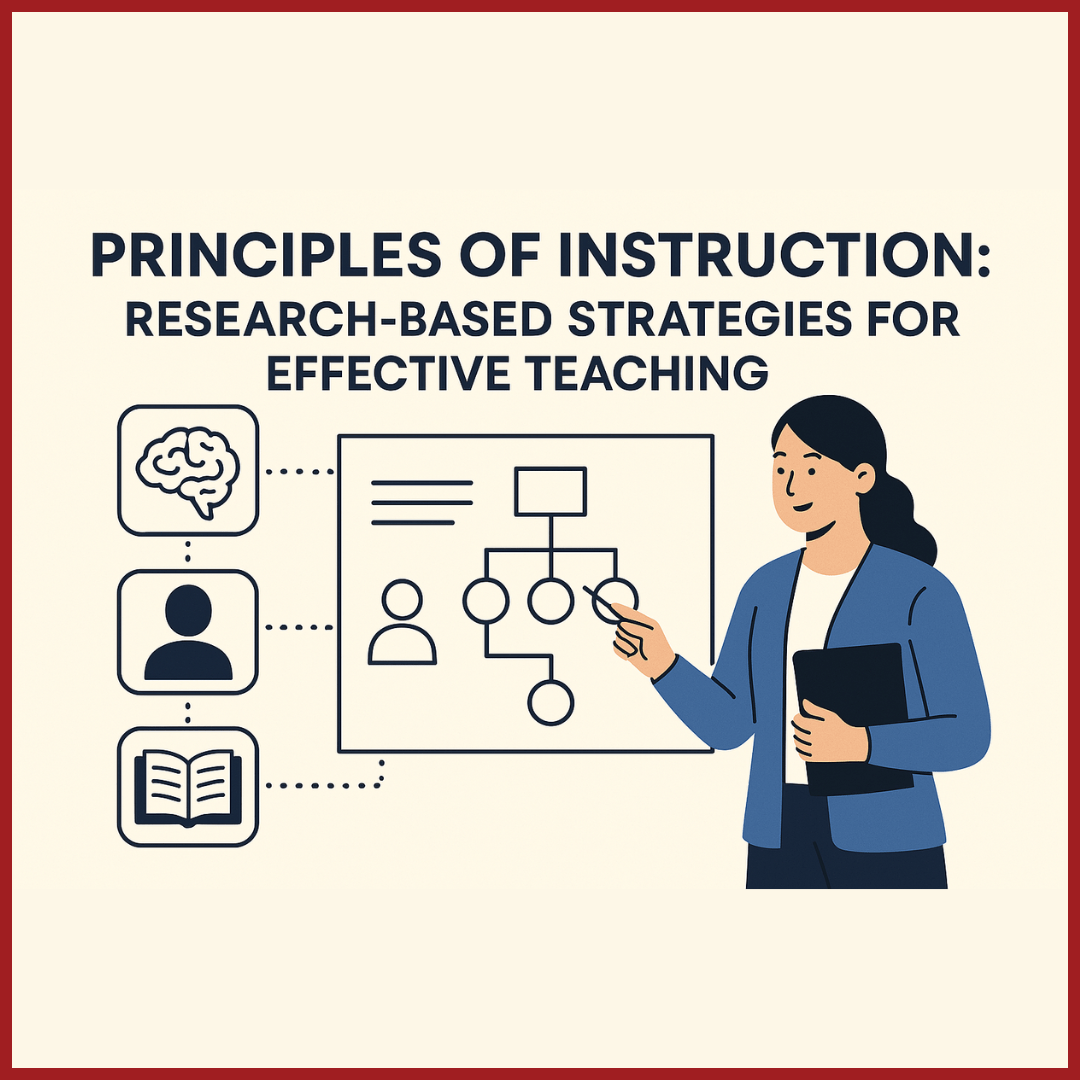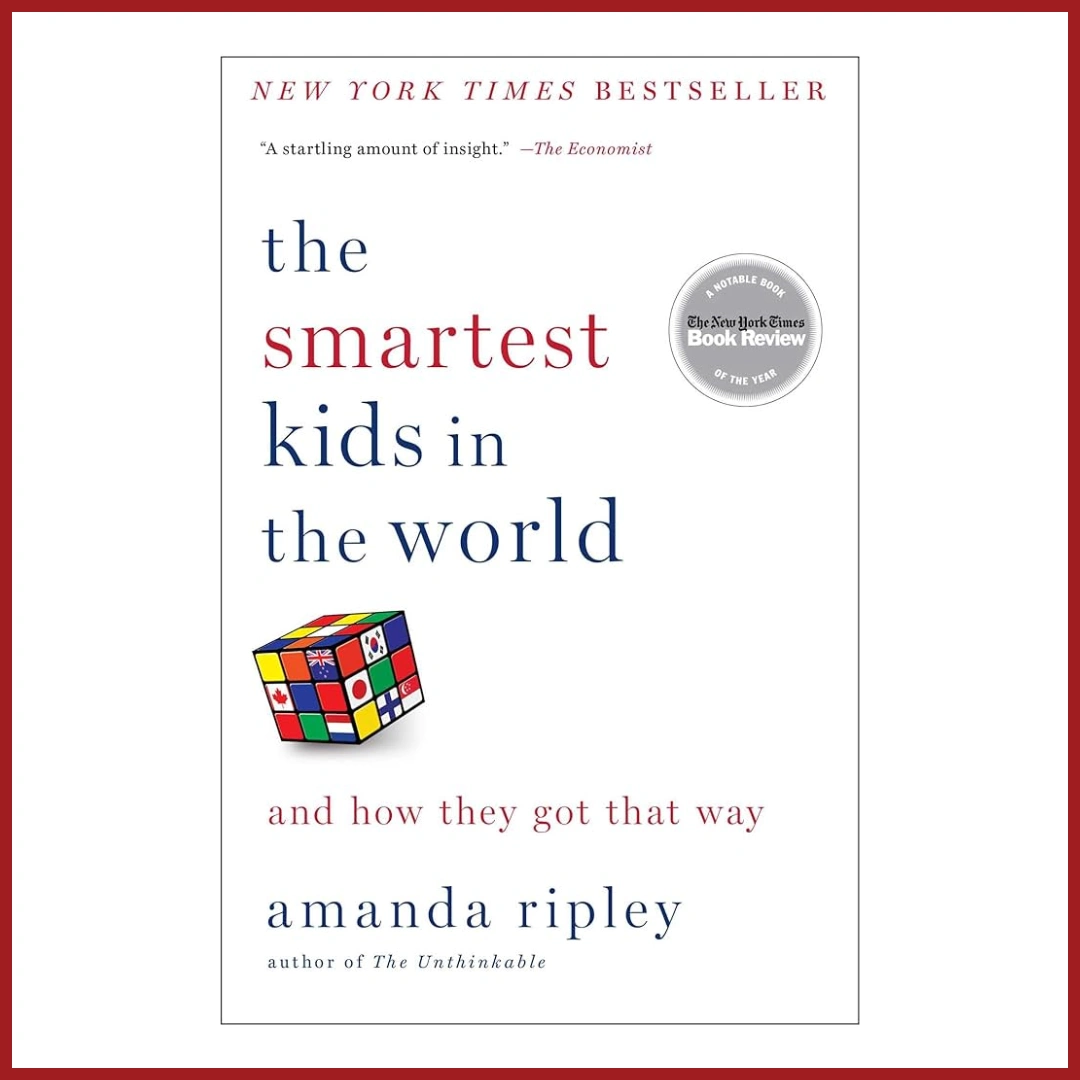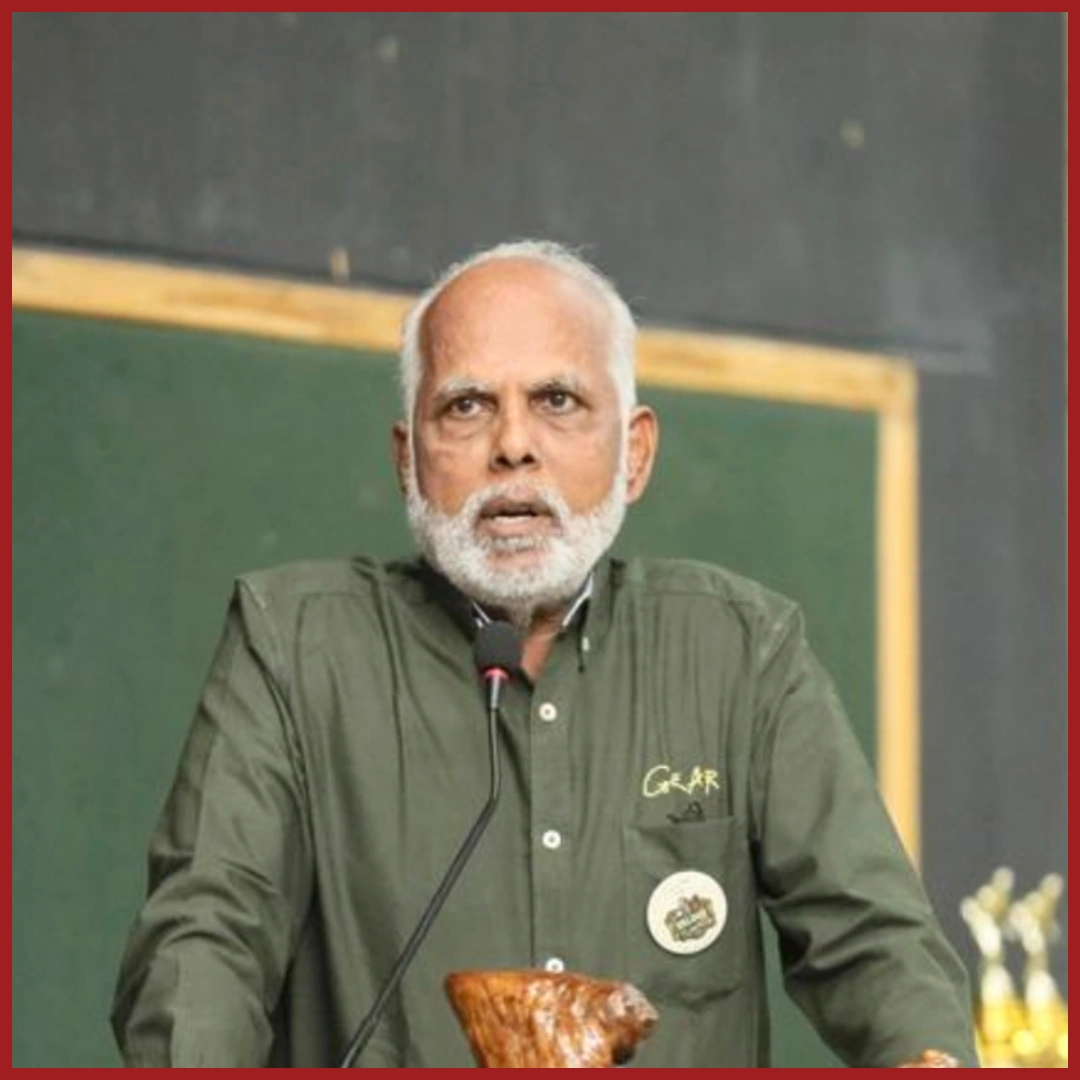Edition 06 | June 2025
Bookmarked

Overview:
Why do some people soar to extraordinary heights while others with similar resources plateau? Colvin argues that the decisive factor isn’t genetic ‘giftedness’ but deliberate practice — long‑term, feedback‑rich, stretch‑zone effort that rewires the brain for mastery. Drawing from musicians, athletes, chess prodigies and business icons, he shows how world‑class performance can be engineered, not inherited.
Why Teachers Will Find This Useful:
Classrooms are where the “rewired” generation and traditional schooling collide. Haidt links pupils’ fragile focus, avoidance of challenge and constant phone-checking to systemic changes outside school. His research helps teachers to:
- Blueprint for purposeful practice –turns vague “work harder” advice into concrete routines of repetition, feedback and reflection you can embed in lessons.
- Growth‑mindset fuel – real stories that dismantle the talent myth and motivate struggling students.
- Feedback know‑how – clarifies what kind of feedback speeds improvement and what kinds slow it down.
- Teacher PD mirror – helps educators design their own skill‑building trajectories, modelling lifelong learning for students.
Understanding these root causes lets teachers address anxiety not just with empathy, but with targeted classroom strategies.
Why We Recommend It:
Interesting and Actionable Takeaways:
- Process > Outcome: Success correlates with practice targets (tempo, accuracy, form) more than with scoreboard goals.
- Stretch + Support:Optimal practice pushes learners just beyond comfort, then scaffolds with immediate correction.
- Mental Representations: Experts store knowledge as rich “chunks”; teachers can accelerate chunk‑building through modelling and spaced retrieval.
- Deliberate ≠ Repetitive: Mindless repetition stalls gains; deliberate practice requires focused attention and logging of micro‑errors.
- Feedback Loop Speed:The shorter the gap between action and correction, the faster the improvement curve.

